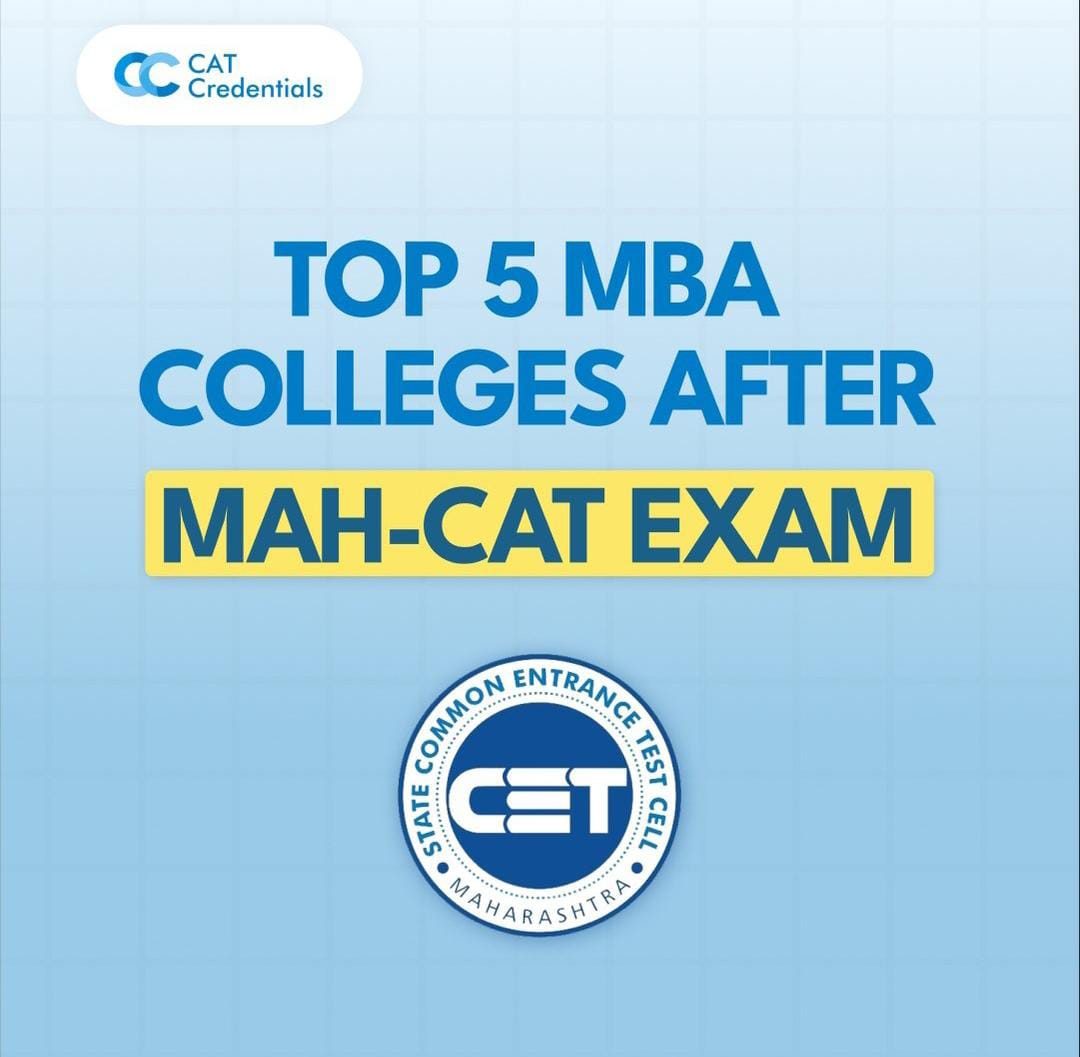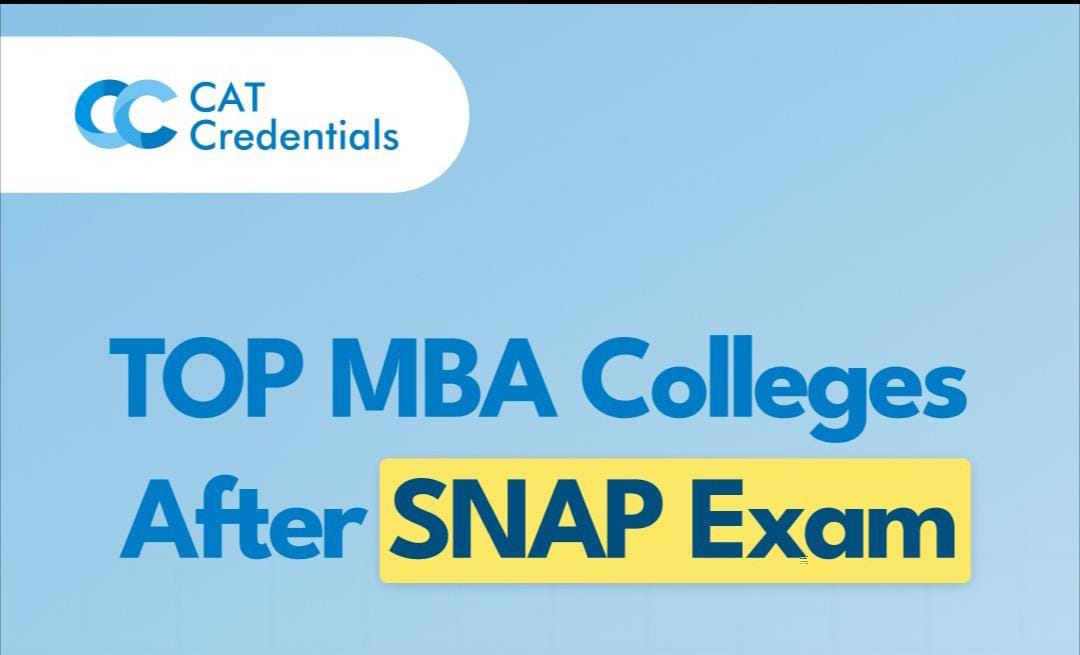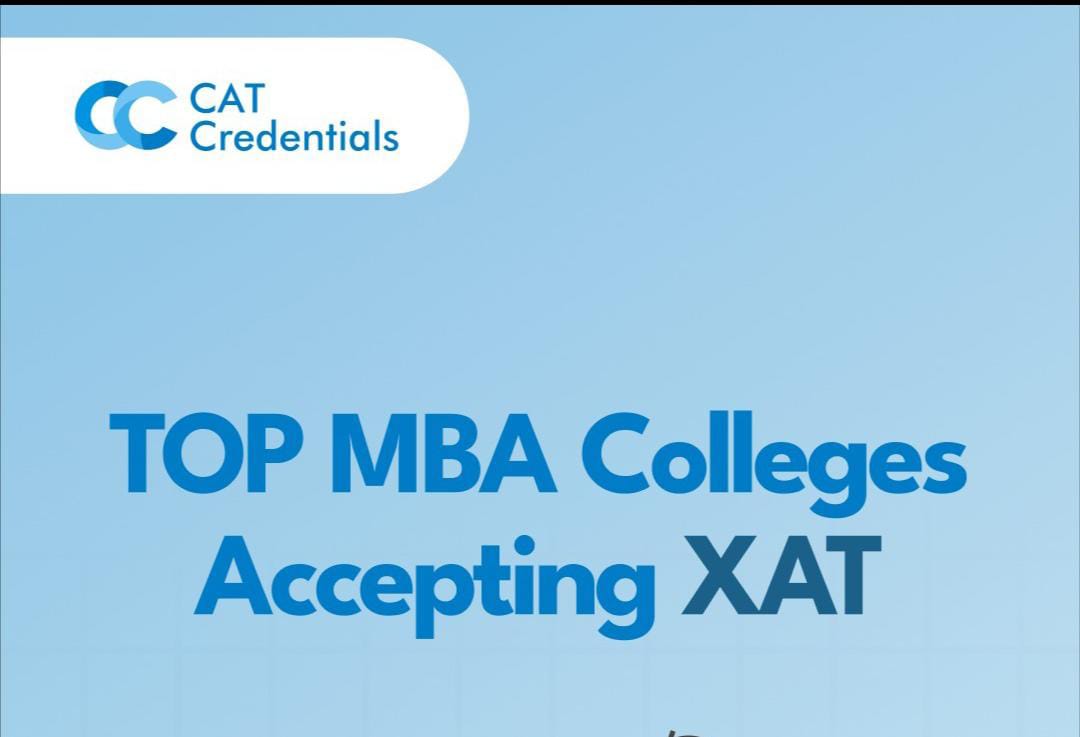Top 5 MBA Colleges after MAH-CET Exam
Introduction:
The Maharashtra Common Entrance Test for MBA, commonly known as MAH-CET, stands as a pivotal gateway for aspirants seeking admission to esteemed MBA programs in the state. As the results unfurl, the next crucial step for candidates is to navigate through the plethora of options and choose the right MBA college to shape their managerial journey. In this blog, we'll uncover the top 5 MBA colleges that shine prominently post the MAH-CET exam, offering a blend of academic prowess and promising career prospects.

JBIMS - Jamnalal Bajaj Institute of Management Studies, Mumbai:
Topping the list is the prestigious Jamnalal Bajaj Institute of Management Studies (JBIMS), located in the heart of Mumbai. Known for its rich heritage and industry connect, JBIMS offers an array of programs including MMS and Part-Time MBA. With a legacy of producing business leaders, JBIMS boasts an impressive average salary package, making it a coveted choice for MAH-CET qualifiers.
Average Fees (Approx.): INR 6,00,000
Average Salary (Approx.): INR 18,00,000
Sydenham Institute of Management Studies, Research and Entrepreneurship Education (SIMSREE), Mumbai:
Nestled in the financial capital, SIMSREE is renowned for its academic rigor and holistic approach to management education. Offering programs like PGDBM and MMS, SIMSREE provides a conducive environment for students to flourish. The institute's strong industry ties contribute to robust placements, making it a top choice for MAH-CET qualifiers.
Average Fees (Approx.): INR 1,30,000
Average Salary (Approx.): INR 12,00,000
KJ Somaiya Institute of Management Studies and Research, Mumbai:
A beacon of excellence, KJ Somaiya Institute of Management Studies and Research is synonymous with innovation and quality education. With programs like PGDM and MMS, the institute offers a dynamic curriculum and a vibrant campus life. KJ Somaiya's emphasis on industry exposure and global perspectives makes it a standout choice for MAH-CET achievers.
Average Fees (Approx.): INR 9,20,000
Average Salary (Approx.): INR 10,00,000
N.L. Dalmia Institute of Management Studies and Research, Mumbai:
Known for its commitment to grooming future leaders, N.L. Dalmia Institute of Management Studies and Research offers a range of programs including PGDM and MMS. The institute's strong focus on research, experiential learning, and industry collaborations contributes to the holistic development of its students.
Average Fees (Approx.): INR 8,90,000
Average Salary (Approx.): INR 9,00,000
PUMBA - Pune University Department of Management Studies, Pune:
Affiliated with the esteemed Savitribai Phule Pune University, PUMBA is a well-regarded choice for MBA aspirants. With a commitment to providing quality education, PUMBA offers programs like MBA++ and Executive MBA. The institute's emphasis on practical learning and industry integration positions it favorably for MAH-CET qualifiers.
Average Fees (Approx.): INR 1,32,000
Average Salary (Approx.): INR 7,50,000
Conclusion:
As the MAH-CET results unfold, aspiring MBA candidates must weigh their options carefully. These top 5 MBA colleges post the MAH-CET exam not only offer quality education but also provide a platform for holistic development and lucrative career opportunities. Consider your aspirations, program offerings, and campus culture to make an informed choice that aligns with your career goals. May your journey towards excellence in management education be as promising as the opportunities these institutions present. Good luck!



